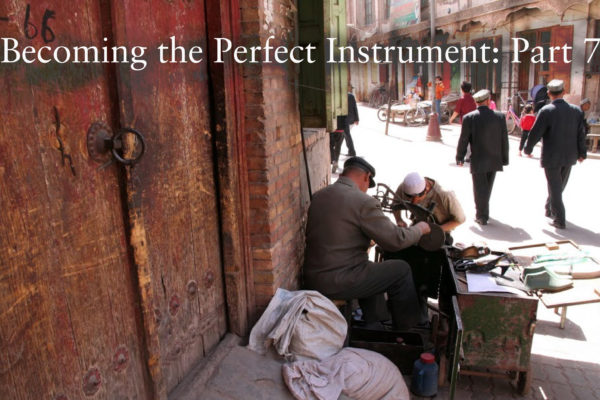
With a small homage to David Mamet’s Glengarry Glen Ross, one of our touchstones in terms of how we think about professional development at Incandescent is “always be practicing something.”
Anders Ericsson’s research on the acquisition of expertise, popularized by Malcolm Gladwell in Outliers, underscores the importance of accumulating many, many hours of “deliberate practice.” It’s not just pro golfers and musicians who excel after banking 10,000 hours of practice – people in any job can benefit greatly from taking a deliberate practice approach to their daily work.
The speed of our learning is a function of the cumulative impact of what we’re able to learn from every episode of work. Sometimes we can accelerate development by adding “episodes of reflection” to “episodes of doing.” However, “episodes of doing” will always be the majority of the time we spend at work, so it is important that we leverage them well as fuel for learning.
To make doing fuel for learning, treat each episode not just as an attempt to get something done, but as a vehicle for practicing something. So, for instance, a 1:1 with a client program manager could be a vehicle for practicing how to combine an efficient tactical update and a step back reflection in the same meeting, and how to make sure that each of those segments has its own distinct “feel” that enables the right kind of conversation. Going through accumulated emails at the end of a day off-site could be a vehicle for practicing how to take in a flow of several dozen emails and decide intentionally the best way to engage, rather than slogging through them and getting sucked down into dealing with each one in turn.
Setting an agenda for practice trains our minds to bear deeper into a certain aspect of the task at hand, in a way that builds strength in that particular area. Deliberate practice happens when there is focus on a specific, targeted area where one can work iteratively. One can’t really practice, in this sense, “giving a speech” or “developing a strategy,” but one can practice finer movements within those domains, such as “monitoring time while speaking extemporaneously” or “thinking about a company’s history in terms of eras, each of which involved its own distinct strategic imperatives.” For this reason, getting better at a broader area like speaking or developing strategy involves finding many opportunities to practice fine-grained skills that represent different aspects of the larger domain.
With attention, this discipline begins to reveal that there are many more opportunities to practice than most people commonly recognize. If you’re learning to be a better speaker, you can practice the component skills of illustrating abstract points with vivid anecdotes, weaving humor into exploration of “serious” subjects and creating surprising analogies in day-to-day contexts that superficially have nothing to do with speechmaking.
Deliberate practice is an opportunity for intentionality and creativity. The intentionality of having a fine-grained focus for one’s practice constitutes its deliberate quality. The creativity required to turn our ordinary “episodes of doing” into opportunities for practice enables us to reach the next level of mastery – much sooner than we might otherwise.



